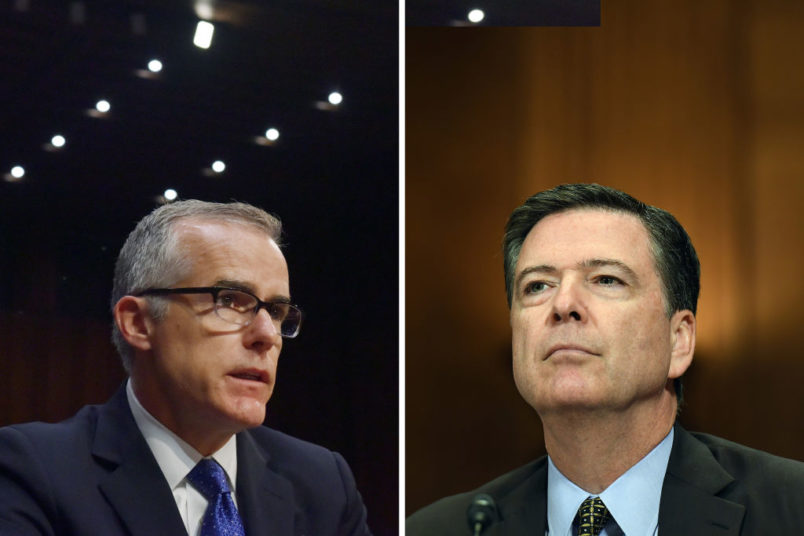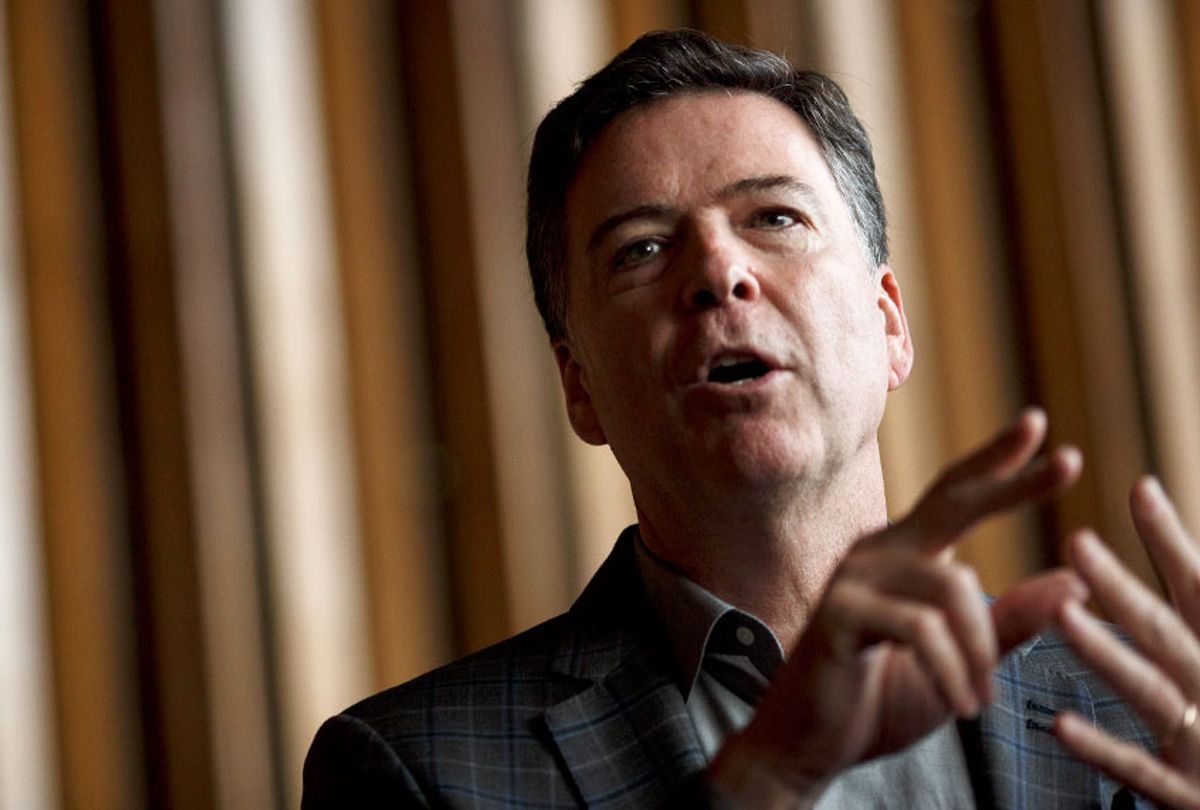The New Arab Staff
30 June, 2022
The US Presbyterian Church declared Israel an 'apartheid state' and voted to designate a Nakba remembrance day within their calendars at the church's 225th General Assembly.

The church also affirmed the “right of all people to live and worship peacefully” in Jerusalem [Getty]
The US Presbyterian Church voted on Tuesday at its 225th General Assembly to declare Israel an "apartheid state" and designate a Nakba Remembrance Day within their calendars.
The church claims over 1.7 million members.
Its Committee on International Engagement passed a resolution recognising that “Israel’s laws, policies and practices regarding the Palestinian people fulfil the international legal definition of apartheid”, according to a statement on the Presbyterian Church’s website.
The committee also called for an end to Israel's siege of Gaza and affirmed the “right of all people to live and worship peacefully” in Jerusalem.
Out of 31 voting members, 28 agreed with the resolution, which states that Israel was practicing apartheid by “establishing two sets of laws, one for Israelis and one for Palestinians, which give preferential treatment to Israeli Jews and oppressive treatment to Palestinians”.
A resolution designating 15 May as the Palestinian Nakba Remembrance – commemorating the tragedy whereby 750,000 Palestinians were expelled for the creation of Israel in 1948 - was also approved.
RELATEDPerspectivesAli Adam
This received 31 affirmative votes and no negative votes within the committee.
It was passed “for the purpose of lifting prayer for peace” and “giving solidarity for those suffering under occupation”.
The resolution also stated the remembrance should be annually included in the Presbyterian Planning Calendar.
This resolution specifically calls on the US government to “exhort the government of Israel immediately to cease and desist all hostile actions that are defined as “collective punishment” under international law… [and] end the siege of Gaza”.
The Presbyterian Church's resolutions echo human rights groups’ statements surrounding Israel's treatment of Palestinians.
Israel's continued occupation of Palestinian land and its persecution and violence against Palestinians have been defined as apartheid by Amnesty International and Human Rights Watch.
The UN's Special Rapporteur for Human Rights in the Palestinian Territories has also issued a report saying that Israel has imposed an 'apartheid reality’ on Palestinians.












/cloudfront-ap-southeast-2.images.arcpublishing.com/nzme/FA44UQ5K5HEH7BPUPWX6C6K3OU.jpg)
/cloudfront-ap-southeast-2.images.arcpublishing.com/nzme/EQGP7BXRL5QE7VBEX276X67ZFU.jpg)